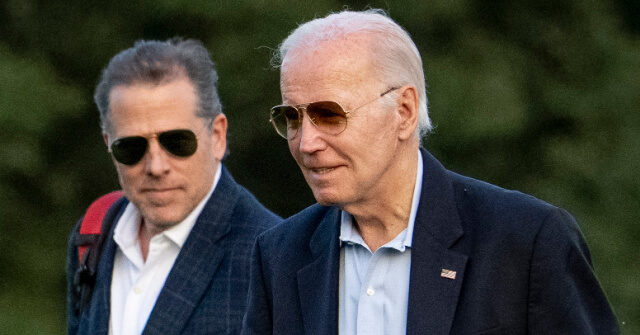President Joe Biden’s recent decision to pardon his son, Hunter Biden, has sparked controversy, particularly regarding the absence of consultation with the Department of Justice’s Office of the Pardon Attorney. Traditionally, presidents engage with this office to adhere to established procedures and institutional norms when considering pardons. The Department is typically responsible for evaluating and recommending clemency requests from individuals who have served their sentences. This departure from standard practice not only surprised officials within the pardon office but also raised questions about the integrity and consistency of the administration’s approach to pardons.
The context surrounding Hunter Biden’s pardon is critical, particularly as he was facing impending sentencing when the decision was made. Reports suggest that had the Office of the Pardon Attorney been consulted, it might have recommended against the pardon due to the circumstances of his case. Under President Biden, the pardon office has seen a significant number of requests—over 12,000—showcasing the volume of clemency cases the administration has dealt with. However, the process for Hunter Biden appears to have deviated from the usual protocols, which raises concerns about fairness and transparency in how clemency decisions are made.
As of now, the statistics on presidential clemency under the Biden administration show that the president has granted a total of 157 clemencies, which includes 132 commutations and 25 pardons. This data serves as a benchmark for understanding the broader clemency landscape in which Hunter Biden’s case occurred. However, it remains unclear whether these statistics account for the controversial pardon of Hunter, thus leaving room for interpretation about the administration’s outreach and due diligence in pardoning decisions.
The political implications of Hunter Biden’s pardon extend beyond just the legal landscape; they also affect public perception and trust in the administration. Republican Senators have expressed their discontent with the pardon, criticizing it as an act of favoritism that undermines the rule of law. The response from Senator Tommy Tuberville, who openly challenged President Biden on this issue, highlights a growing sentiment among critics who believe that the pardon was an inappropriate use of presidential power, particularly given the seriousness of Hunter Biden’s legal troubles.
The refusal to follow standard protocols underscores potential risks for the Biden administration, especially as it navigates a politically polarized environment. With the right-leaning media and opposition parties eager to question the legitimacy of the pardon, the president’s decision has become a focal point for broader discussions about accountability and governance. Advocates for judicial reform and transparency in the pardon process may now see this incident as an opportunity to push for more structured and equitable guidelines surrounding pardons.
In conclusion, President Biden’s unilateral decision to pardon Hunter Biden marks a significant departure from established norms concerning presidential pardons. The lack of consultation with the Office of the Pardon Attorney raises serious questions about the motivations behind the pardon and its implications for the administration’s integrity. Critics argue that such actions could undermine public trust and erode confidence in the justice system. As the administration faces intensified scrutiny, the long-term impact of this decision will likely reverberate through discussions on clemency procedures and the balance between political influence and justice.

